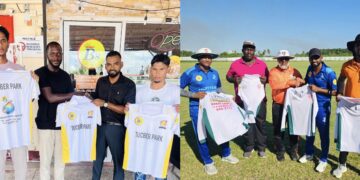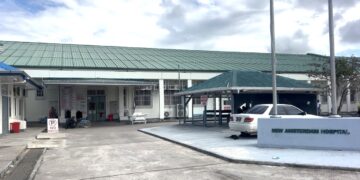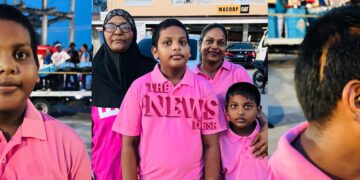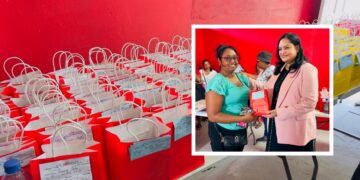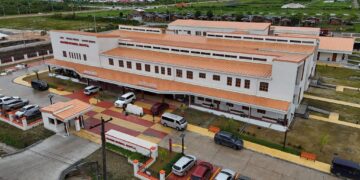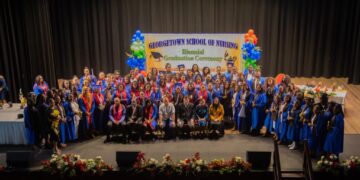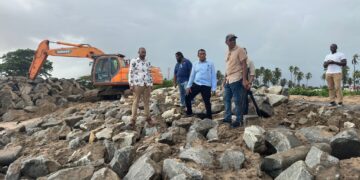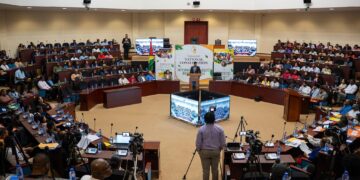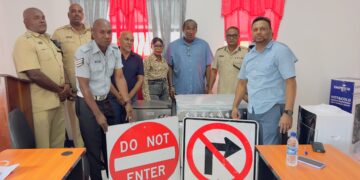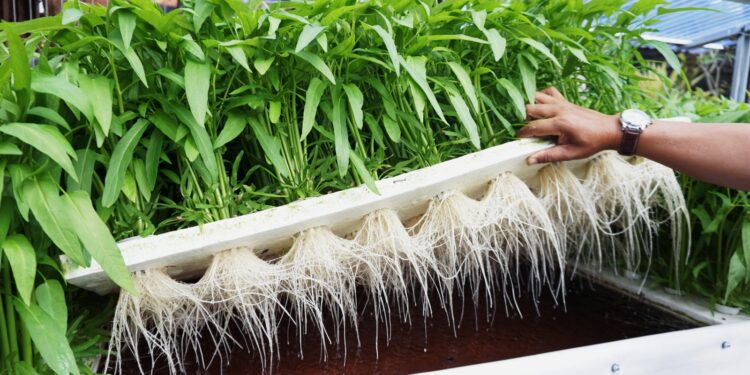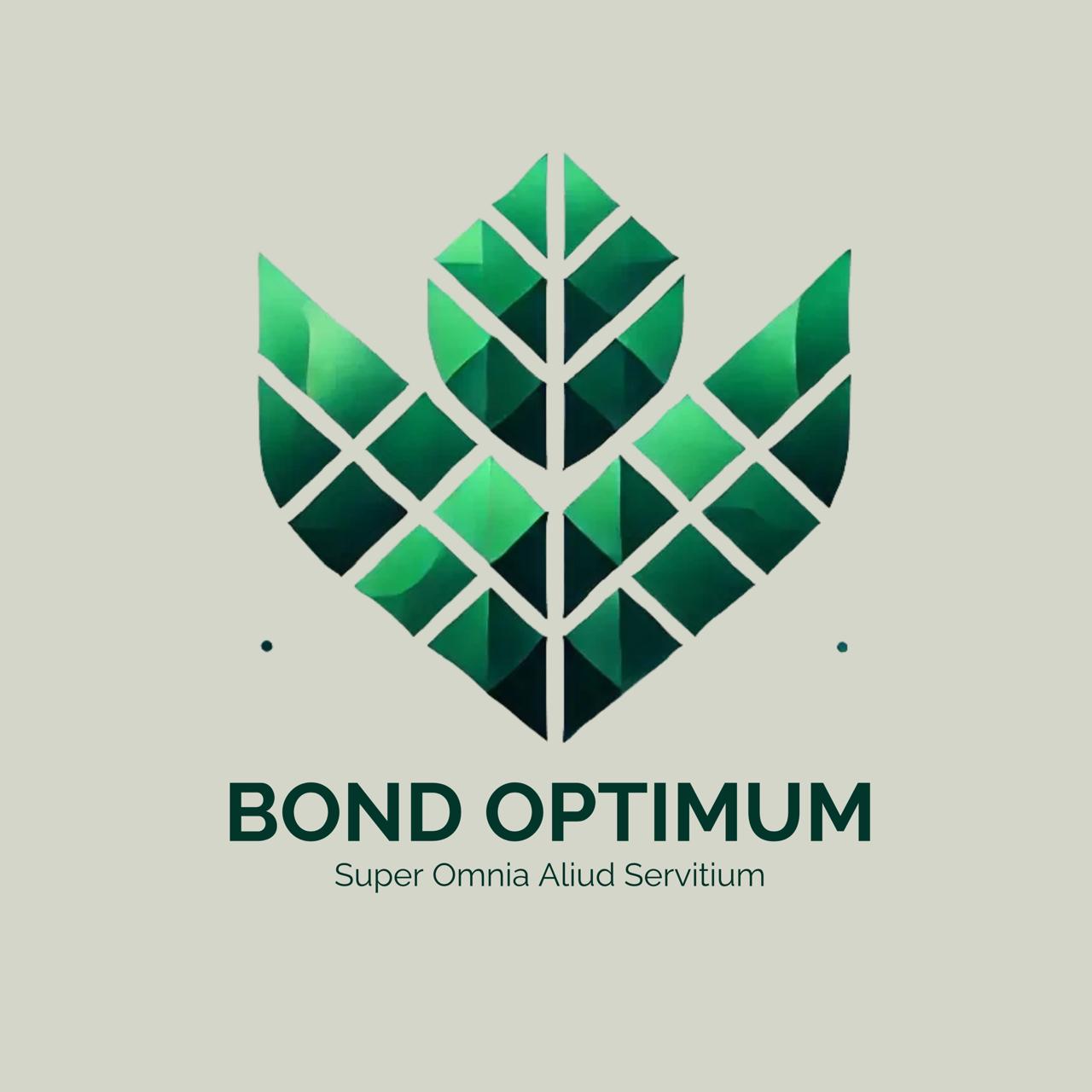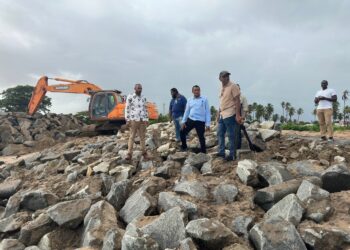Guyana is taking a proactive stance to enhance its water management system and assist local farmers in more efficient water use. The key focus of this initiative involves the implementation of a contemporary drip irrigation system.
Agriculture Minister Zulfikar Mustapha unveiled this groundbreaking development during a ceremony celebrating World Food Day, observed annually on October 16. This year’s theme, “Water is life; water is food. Leave no one behind,” underscores the importance of water in food production.
According to Minister Mustapha, the drip irrigation system represents a highly efficient method for delivering water and essential nutrients to crops. It drastically reduces water wastage by directing water precisely to the root zones of plants. The system is equipped with a timer to monitor and regulate the water supply to plant roots.
The emphasis on water conservation is motivated by the global effects of climate change, which has far-reaching implications, including impacts on water supply. Guyana is currently grappling with El Nino conditions, which have a direct influence on water availability.
To address these challenges and improve water management, the government has entrusted the National Drainage and Irrigation Authority (NDIA) with a comprehensive drainage and irrigation project across the country, aimed at enhancing the efficient flow of water.
Water is an essential element in agriculture and food production, and the demand for water in agricultural activities is expected to surge by 70 to 90% by 2050. As a result, water conservation policies to optimize available water resources are being developed. Wilmot Garnet, the country representative for the Inter-American Institute for Cooperation on Agriculture (IICA), stressed that such policies necessitate political support and incentives to engage and empower all stakeholders, including farmers and the wider community.
Dr. Gillian Smith, the country representative for the Food and Agriculture Organisation (FAO), emphasized the importance of technology in addressing water-related challenges. She highlighted that over one-third of the global population still lacks access to safe water, and smallholder farmers, particularly vulnerable groups like women, youth, indigenous people, migrants, and refugees, face significant water-related challenges. Dr. Smith called for harnessing the power of science, innovation, data, and technology to achieve more with less and make every drop of water count.
Guyana has committed to the Sustainable Development Goals (SDGs), which encompass actions to eradicate poverty, safeguard the environment, and ensure a quality life for all. The country has also set ambitious food production goals, aiming to meet its 25 by 2025 target, and these water conservation initiatives are anticipated to play a pivotal role in achieving these objectives.



